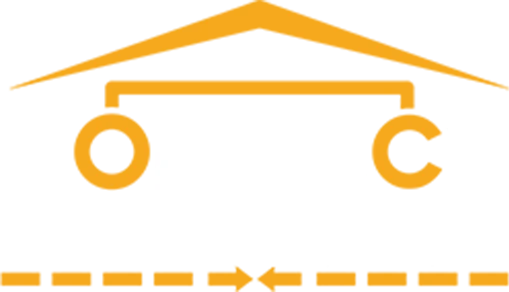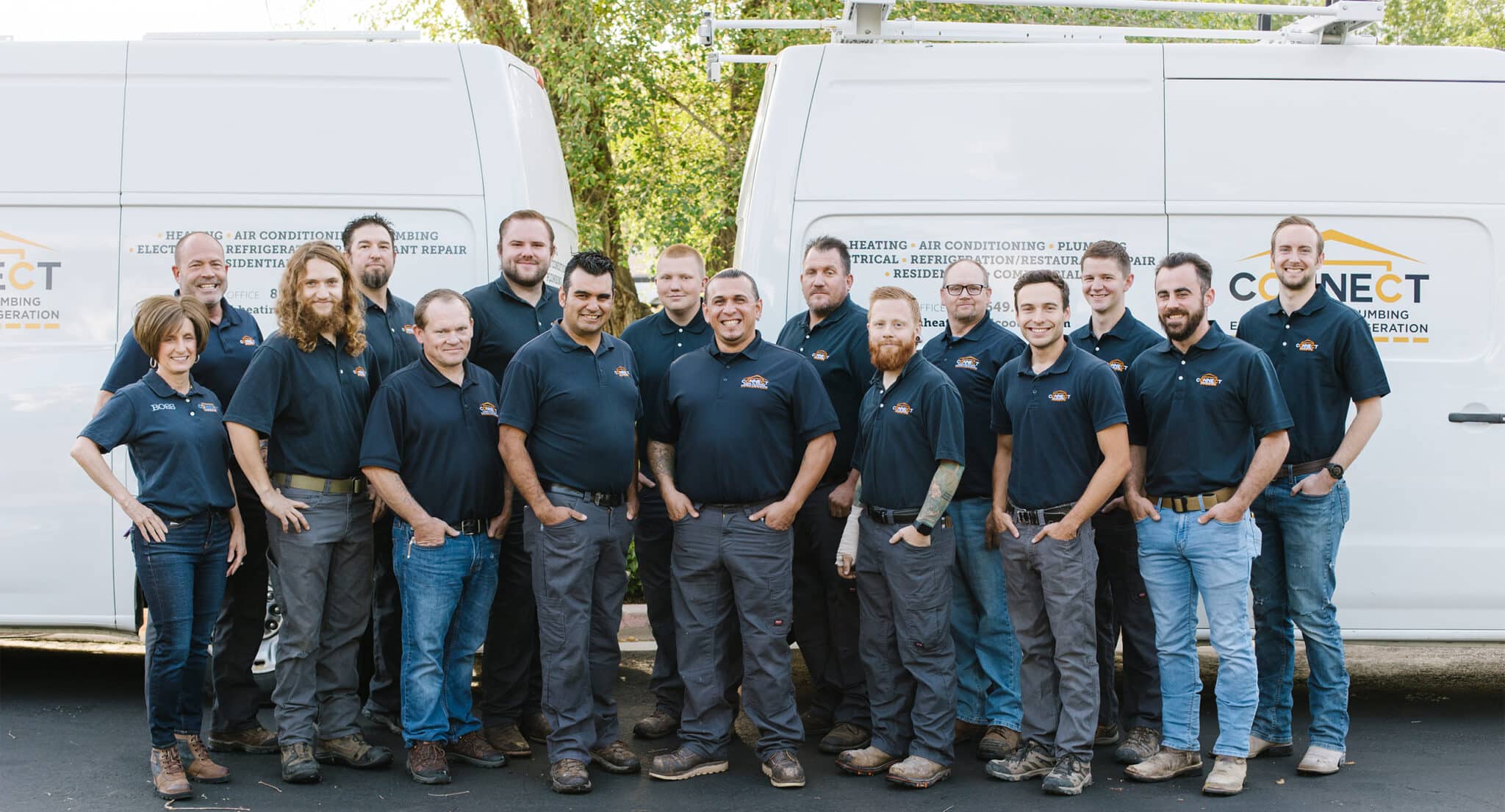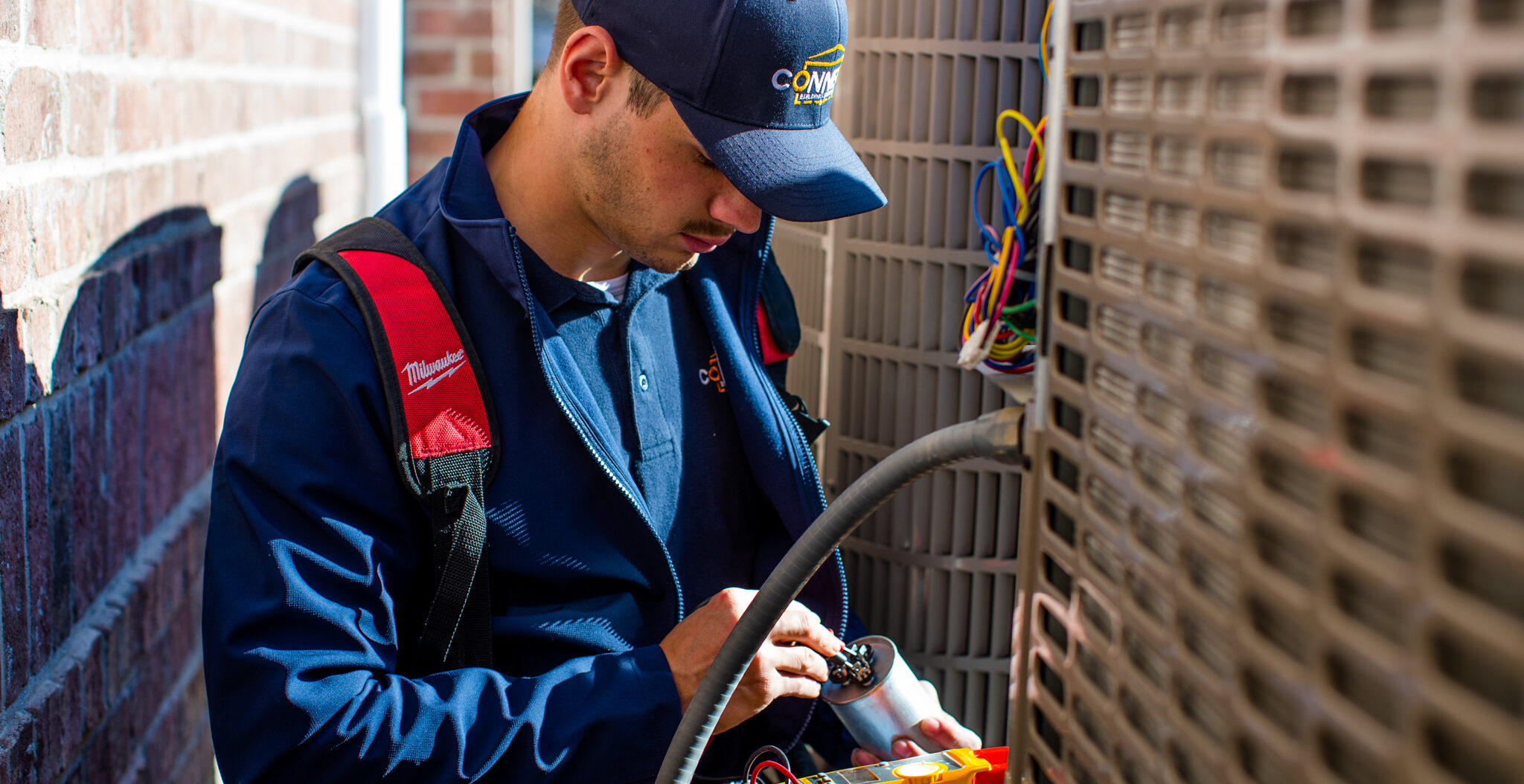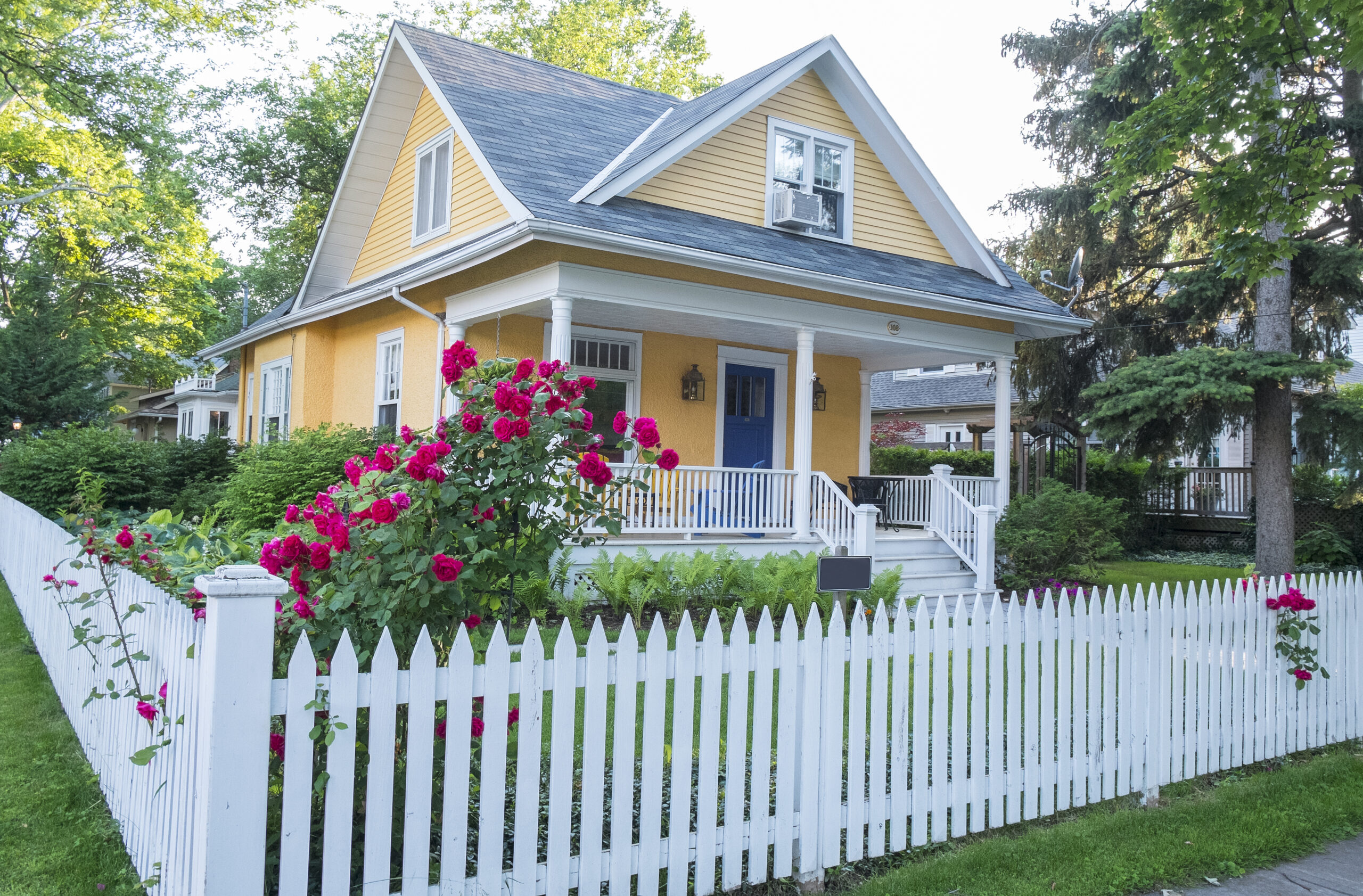Commercial HVAC systems require regular maintenance and care to
guarantee that your place of business stays comfortable throughout the year. Without proper maintenance,
you may find yourself spending thousands of dollars per year on
emergency HVAC tune-ups without getting the results you want.
Here’s a quick checklist of things that should be
done to protect your HVAC unit:
COMMERCIAL AIR CONDITIONER MAINTENANCE
Your commercial HVAC unit is made up of both an air conditioning unit and a furnace. Typically, you should perform maintenance steps on the AC portion of your unit as the weather first begins to warm up, before your AC goes into heavy use. This includes:
- Changing All Filters in Your AC
- Checking the condition of your fan, making sure it is free spinning and undamaged
- Check fan belts and any rubber hoses that might have suffered damage over the winter
- Check the drain lines and pans to be sure that the system can adequately drain
- Inspect electrical elements for proper connections and make sure no wires have been damaged
- Lubricate all moving parts
- Make sure that your system is properly charged with refrigerant and free of leaks
COMMERCIAL FURNACE MAINTENANCE
As the weather begins to cool down in the fall, it’s time to turn your attention toward your heating systems. Be sure to complete these tasks before the temperature drops too far:
- Change all furnace filters and make sure there is no buildup of dust and debris
- Inspect the heat exchanger for damage
- Inspect all hoses and belts for dry rotting or damage
- Check electrical connections
- Make sure that the burner assembly is functioning correctly, and that the ignition system works
- Make sure all airways are clear, clean and free of damage or leaks
Purchasing a new commercial HVAC unit is a considerable investment. The best way to avoid forking out cash for a new system is to take good care of the one you have. Most people are not familiar enough with the working parts of their HVAC system or how to properly care for them. The best solution is generally to hire a commercial HVAC company in Sandy, UT that can perform routine maintenance in the spring and fall every year. They will know just what to look for and how to properly lubricate and service your system to keep it running right.
To learn more about annual maintenance for HVAC systems in the Salt Lake City area, contact Utah Heating and Cooling today to schedule a consultation.
